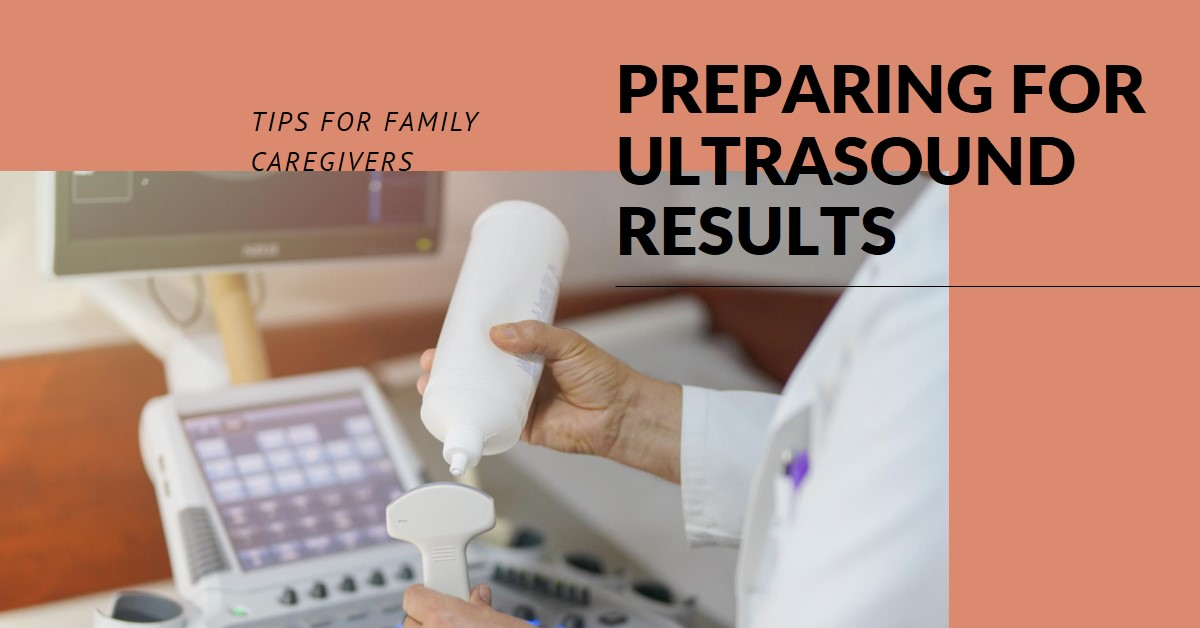
How Family Caregivers Prepare for Ultrasound Results
Caring for a loved one, especially a senior, can be a challenging yet deeply rewarding experience. One of the essential aspects of this role is accompanying them to medical appointments and understanding the various diagnostic tests they might undergo. Among these, ultrasound scans are common, non-invasive procedures used to diagnose and monitor many conditions. As a family caregiver, being well-prepared for the ultrasound scan and understanding its results can significantly enhance the care you provide.
What is an Ultrasound Scan?
An ultrasound scan, also known as a sonogram, uses high-frequency sound waves to create images of the inside of the body. It is a safe and painless procedure often used to examine the abdomen, heart, blood vessels, and other organs. Ultrasounds are particularly advantageous because they do not use radiation, making them safer for all age groups, including the elderly.
Preparing for the Ultrasound Scan
Proper preparation for an ultrasound scan can help ensure accurate results and a smoother experience for your loved one. Here are some steps family caregivers can take:
- Understand the Procedure: Knowing what the ultrasound entails can reduce anxiety for both you and your loved one. The procedure typically involves a technician applying a gel to the skin and then moving a handheld device called a transducer over the area being examined.
- Follow Pre-Scan Instructions: Depending on the type of ultrasound, there may be specific instructions such as fasting or drinking water beforehand. For instance, an abdominal ultrasound often requires fasting for several hours, while a pelvic ultrasound might require a full bladder.
- Gather Medical Information: Bring any relevant medical records and a list of medications. This information can be crucial for the healthcare provider interpreting the ultrasound results.
- Dress Appropriately: Encourage your loved one to wear loose, comfortable clothing. They may need to partially undress, so consider bringing a gown or robe for added comfort.
- Prepare for the Day: Schedule the scan at a time when your loved one is typically more relaxed and rested. Ensure you have a plan for transportation and any post-scan care that might be needed.
During the Ultrasound Scan
As a caregiver, your presence can be comforting. Here’s how you can assist during the scan:
- Provide Emotional Support: Stay with your loved one during the procedure to provide reassurance and comfort.
- Communicate with the Technician: Feel free to ask the technician any questions you might have about the process. However, remember that technicians usually cannot discuss the results with you.
- Ensure Comfort: Help your loved one stay still and relaxed during the scan to get clear images.
Understanding the Results
Once the ultrasound is complete, a radiologist will analyze the images and provide a report to the referring doctor. Here’s how to understand and interpret these results:
- Consult the Doctor: The primary doctor will explain the results to you. They can provide context on what the findings mean for your loved one’s health.
- Ask Questions: Don’t hesitate to ask for clarification on any medical terms or implications of the results. Understanding whether the results indicate a need for further testing or treatment is crucial.
- Follow-Up Care: Based on the results, the doctor may recommend additional tests, treatments, or lifestyle changes. Make sure to follow these recommendations closely.
The Role of Ecotown Diagnostics
Ecotown Diagnostics offers some of the best ultrasound scan services near you, especially tailored for senior citizens. Our facilities are equipped with state-of-the-art technology and experienced professionals dedicated to providing accurate and comfortable diagnostic experiences. We understand the unique needs of family caregivers and their loved ones, ensuring a supportive and informative process from preparation through to understanding the results.
Statistics and Facts
- Prevalence of Ultrasounds: According to the CDC, over 70 million ultrasound scans are performed annually in the United States.
- Accuracy: Ultrasounds have a high diagnostic accuracy rate, often serving as a first-line imaging test for various conditions.
- Safety: The American Institute of Ultrasound in Medicine (AIUM) states that ultrasound is a safe procedure with no known harmful effects when used appropriately.
FAQs
- What should my loved one do if they feel anxious about the ultrasound?
- Reassure them that the procedure is painless and safe. Discussing any concerns with the technician beforehand can also help.
- How long does an ultrasound scan take?
- Most scans take between 30 minutes to an hour, depending on the area being examined.
- Can we get the ultrasound results immediately?
- Typically, the results are not available immediately. A radiologist needs to review the images and provide a report to the referring doctor.
- What if the ultrasound results are inconclusive?
- Inconclusive results may require additional testing. The doctor will guide you on the next steps.
- How often should my elderly loved one get an ultrasound?
- The frequency depends on their medical condition and doctor’s advice. Regular check-ups and following medical guidance are essential.
Conclusion
Being a family caregiver involves not just emotional and physical support but also understanding and managing various medical procedures and results. Preparing for an ultrasound scan and comprehending the results can be less daunting with the right knowledge and resources. Ecotown Diagnostics is committed to providing high-quality ultrasound services and supporting caregivers in their crucial role.
By staying informed and proactive, you can ensure that your loved one receives the best possible care. How have you prepared for medical appointments in the past, and what strategies have worked best for you?senior citizens
Also know CT Scan Centers for Seniors: Accessibility & Comfort.





Leave Your Comment